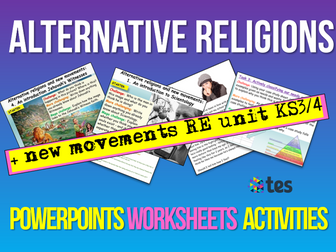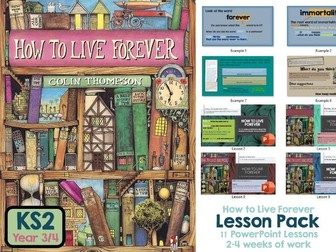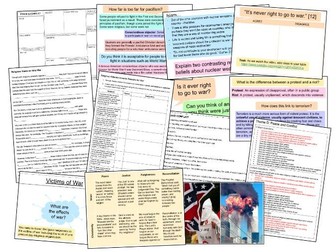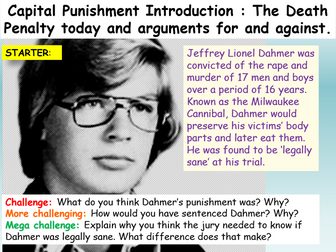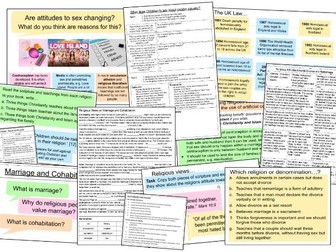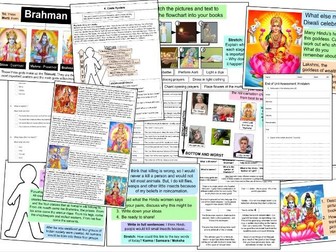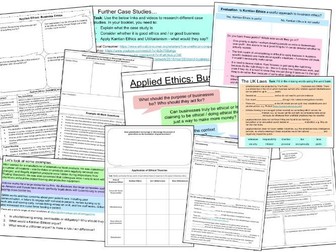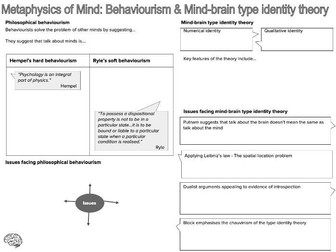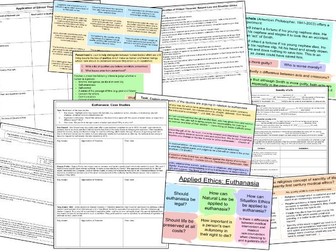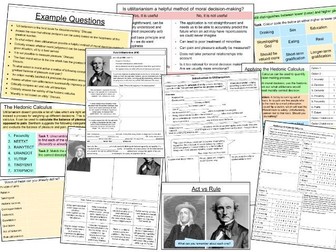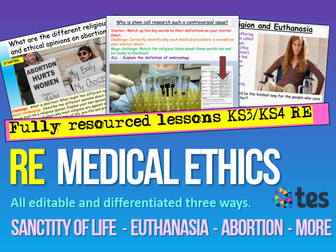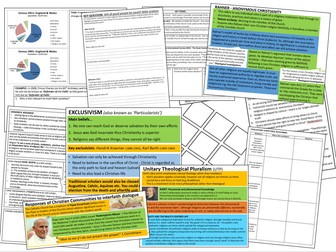Bundle

Alternative Religions + Cults
A new unit all about new movements and alternative religions. Created to really engage and intrigue students in the wonderful subject of RE, before they go on to do the (slightly drier) GCSE courses in more mainstream religions.
Includes:
An investigation into cult leaders vs religious leaders
An Introduction to Scientology
An introduction to Mormonism
An introduction to Humanism
An introduction to Jehovah’s Witnesses
An introduction to the Amish
An introduction to alternative Islam
An introduction to the Illuminati
An introduction to Atheism
A introduction to Rastafarianism
Special Christmas lesson on Paganism
Assessment, mark scheme and feedback sheet
Scheme of work
11 x 1 hour lessons:
11 x one hour PowerPoints dozens of worksheets, fully differentiated, clip links, activities, all you need for teaching the unit to students who don’t have much background info on the movements (with plenty to challenge those who do).
MORE RE RESOURCES
You can also find us on facebook: https://www.facebook.com/ecteachresources/
Twitter: https://twitter.com/ec_publishing
and our website EC Publishing .com
